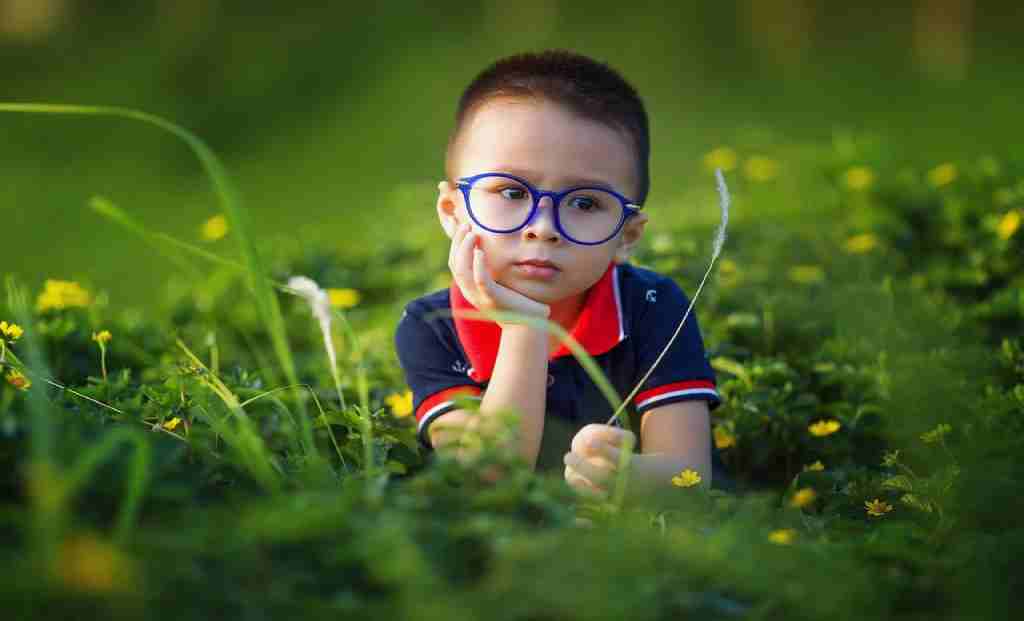Isolation and Lack of Coping Mechanisms Affect Mental Well-being of Marginalized Children
In a comprehensive Rapid Need Assessment conducted by Save the Children-Bal Raksha Bharat, the devastating impact of COVID-19 on marginalized children has been brought to light. The assessment focused on key areas such as health and nutrition, poverty and inclusion, education, and child protection. Its findings underscore the urgent need for intervention to address the challenges faced by these vulnerable children.
Recommendations to Support Vulnerable Families and Influence Government Policy
The assessment revealed that the isolation from their peer groups had a major impact on the mental well-being of marginalized children. The lack of coping mechanisms to express their feelings and thoughts resulted in increased cases of child labour and substance abuse. These children struggled to cope with their emotions, leading to harmful consequences. The survey highlighted the urgent need to provide support and resources to help these children overcome these challenges and protect their mental health.
The study also indicated that children being out of school and lacking learning opportunities at home (61%) further aggravated the situation. The loss of educational opportunities compounded the difficulties faced by marginalized children, exacerbating their vulnerability. This finding emphasizes the critical need for initiatives that address the educational gaps and ensure inclusive learning environments for all children, especially those from marginalized backgrounds.
Rapid Assessment Reveals Alarming Increase in Child Labour and Substance Abuse
Save the Children India (SC-India) conducted two rounds of rapid need assessments (RNA-1 and RNA-2) earlier to understand the ongoing impact of the pandemic. Following the devastating second wave of COVID-19, SC-India initiated the third round of assessment, RNA-3. The assessment aimed to capture the voices of marginalized individuals, including women and children, with a particular focus on adolescent participation. Through innovative tools, the study sought to ensure that the affected children and youth had a platform to express their experiences and concerns.
The assessment involved interviews with 4,052 respondents, including adults and adolescents, across 24 districts in six states: Madhya Pradesh, Jharkhand, Delhi, Karnataka, Maharashtra, and Assam. The findings will be instrumental in guiding medium- and long-term interventions by Save the Children and influencing government policies to effectively address the rights and well-being of children.

